🤝 Interpersonal Relationships for MBBS Students
Blog post description.
11/3/20253 min read
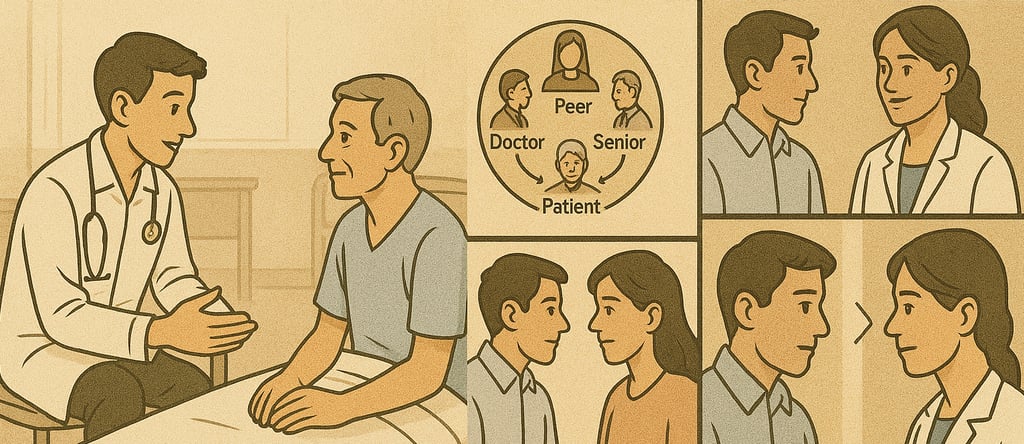

🤝 Interpersonal Relationships for MBBS Students
🩺 Introduction
In the life of a medical student, understanding interpersonal relationships is as important as learning anatomy or pathology. Medicine is built on communication — with patients, peers, seniors, and even one’s own family. A good doctor doesn’t just cure diseases; they connect with people. This skill, if cultivated early, transforms clinical practice, teamwork, and personal growth.
Definition: IPR (Interpersonal Relationships) refers to the way people interact and build connections with one another through communication, empathy, and understanding, especially in professional and personal contexts.
🌱 Importance of Interpersonal Relationships
Interpersonal skills form the heart of medical professionalism. They help in:
Building trust with patients 👩⚕️
Promoting teamwork among peers and healthcare staff 🤝
Maintaining respectful communication with seniors 👨🏫
Ensuring supportive understanding within family and friends 🏠
Good communication reduces stress, enhances patient satisfaction, and improves outcomes. For MBBS students, it also makes ward postings and viva interactions smoother.
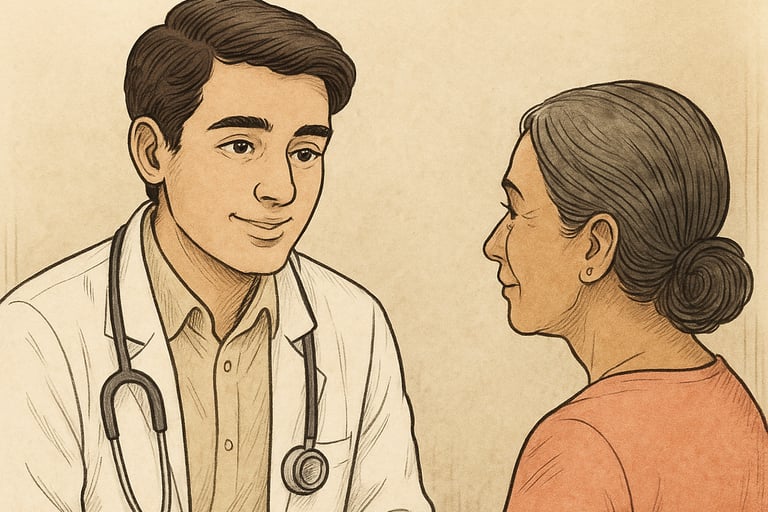

💬 Types of Interpersonal Communication
1. Doctor–Patient Communication
Listen actively 👂
Use simple language to explain conditions.
Maintain confidentiality.
Show empathy through gestures and tone.
Example: A patient anxious about surgery feels comforted when the student calmly explains the procedure in simple Hindi.
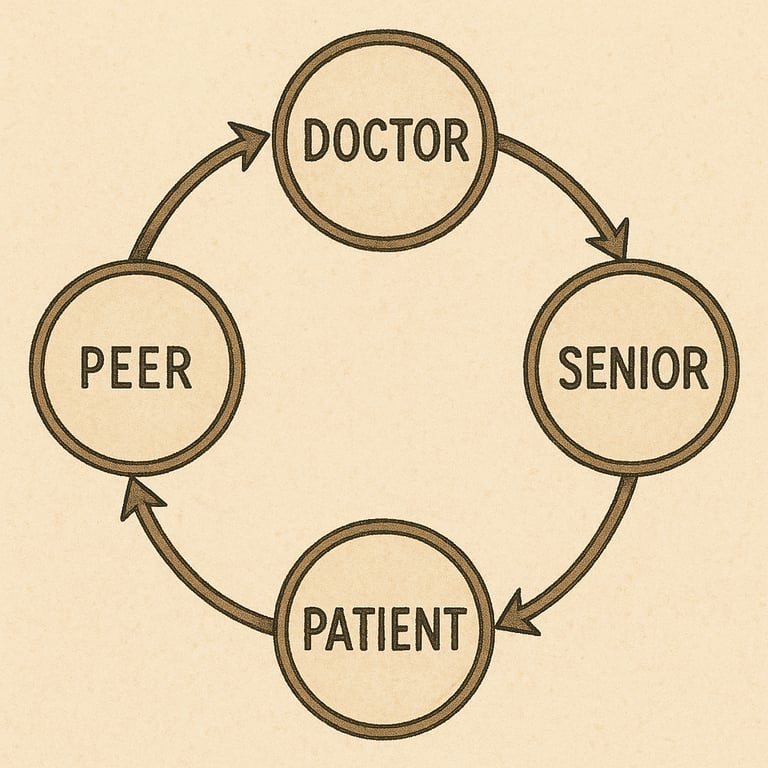

2. Peer Communication
Working in a group is inevitable — during dissections, case presentations, or project submissions.
Share responsibilities fairly.
Respect others’ opinions.
Avoid gossip or unhealthy competition.
Scenario: A group of students preparing for a seminar resolves a disagreement by dividing slides according to each member’s strength.


3. Communication with Seniors and Faculty
Respect is the foundation here.
Greet and communicate with clarity.
Be honest if you don’t know an answer.
Accept correction gracefully.
Example: A student politely asks a professor to clarify a point after the round — showing initiative without arrogance.
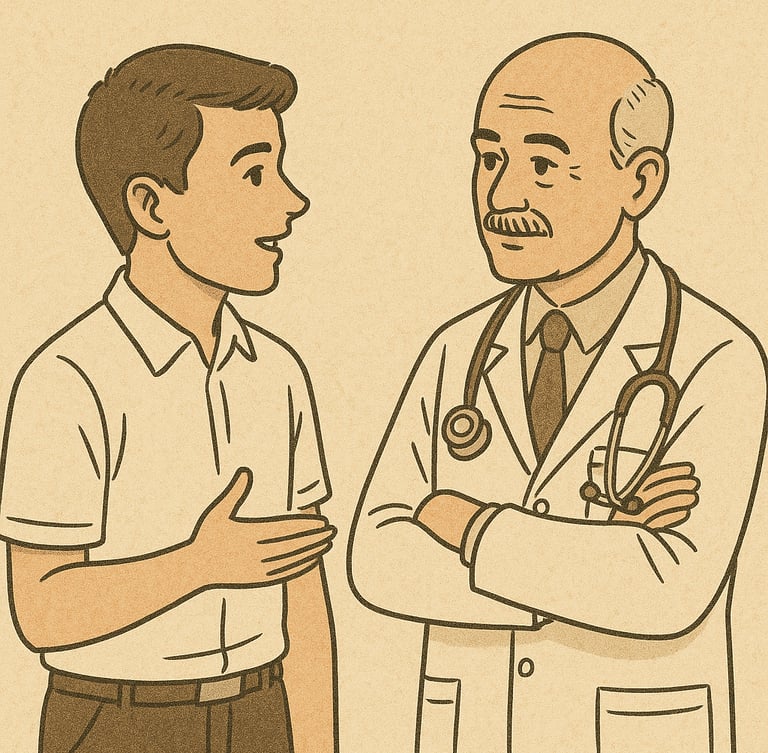

4. Communication with Family
Family often acts as an emotional support system.
Keep them informed of your challenges.
Express gratitude for their understanding.
Manage boundaries when under stress.
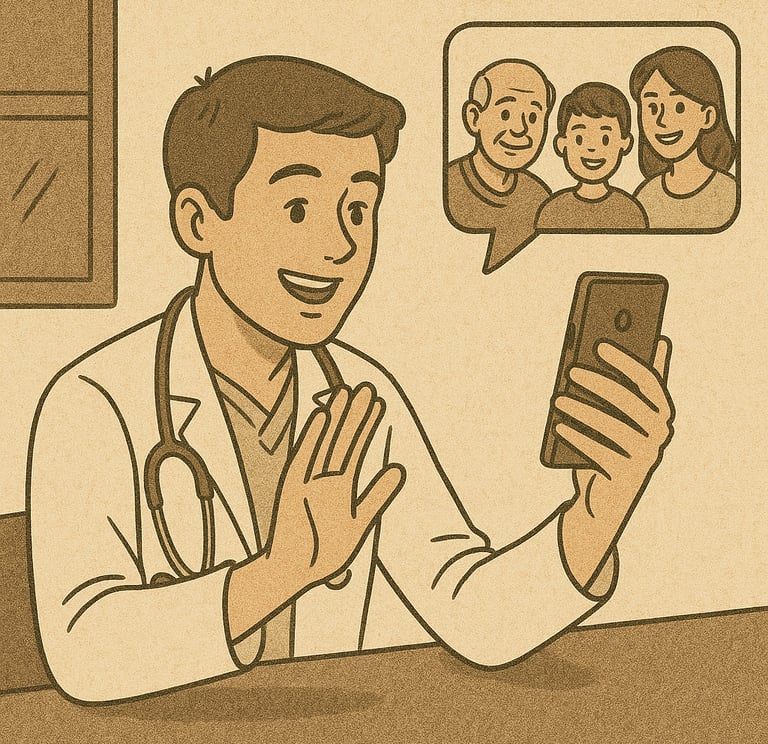

🚧 Barriers to Healthy Relationships
Common barriers include:
Ego and hierarchy – feeling inferior or superior.
Stress and burnout – leading to irritability or isolation.
Poor listening skills – jumping to conclusions.
Cultural and language differences – especially in diverse Indian hospital settings.
🇮🇳 Examples from Indian Context
A student explaining medicine dosage in Hindi to a rural patient 🏥
Managing conflicts during night duty in a busy government hospital 🌙
Balancing traditional respect for seniors with modern communication styles 🙏
Handling emotional pressure from parents wanting top marks while facing clinical stress 🧠
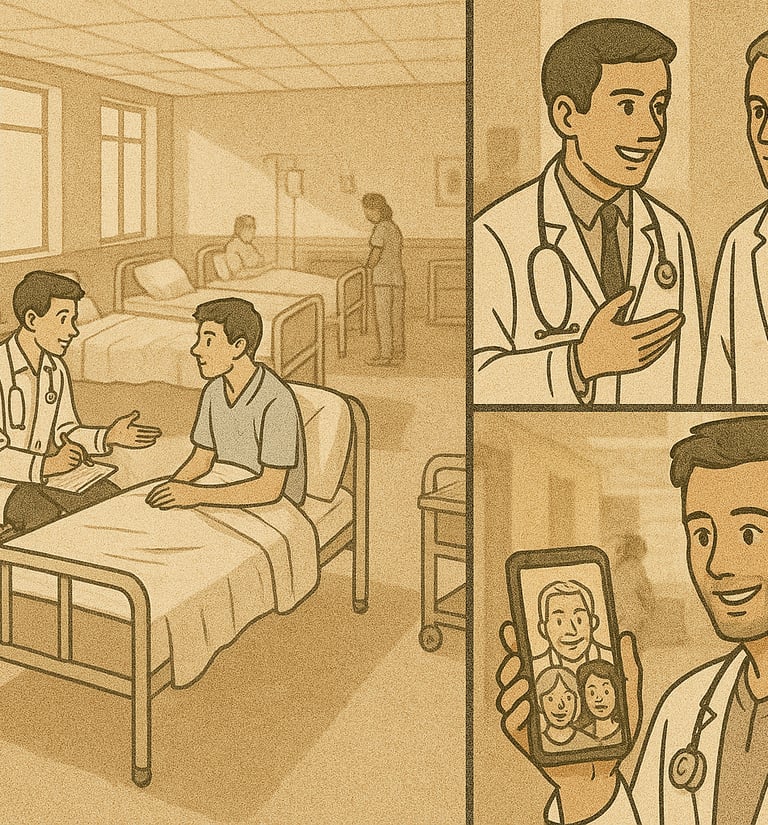

🌸 Take-Home Story
Once upon a time in the bustling corridors of a medical college hospital, four friends — Aisha, Rohan, Meera, and Vikram — began their first clinical posting. One morning, a worried mother brought her child with severe abdominal pain. The senior scolded the group for confusion in presenting the case. Rohan felt hurt, Meera tried to defend, and Aisha quietly stepped forward, calming both the mother and the team. She gently explained the delay, assured the mother, and helped Vikram re‑examine the child.
That evening, the professor called them again — not to scold, but to praise their teamwork and empathy. They realized that listening, understanding each other, and respecting emotions made them not only better friends but also better doctors. 🌿
Interpersonal relationships, they understood, are not just a soft skill — they are a clinical skill — the invisible thread that binds knowledge to kindness. 💖